-

Erin Donahue -

Christina Barkanic -

Brittany Trott -

Emily Wiley -

Jessica Reilley -

Chris Raines -

Will Nichols -

Emily Reddy -

Michele Marchetti -

Michele Frank -

James Gherardi -

Kit Henshaw -

Christina and Erin -

Kim Tait -

Erin McKinney -

Steve Spanelli -

Sam Komlenic -

Katherine Taylor Grofic -

James Eisenstein -

Jamie Oberdick -

Anna Lombardo -

LacCreta Holland -

Tony Ricci -

Local Food Journey -

Laura Young -

Kristin Camplese -

Harrison's Fresh + Local -

Danielle Matalonis -

Kristine A. -

Linda Weaver -

Naomi Elle Schwartz -

Dana Stuchul -

Cara McShane -

Brittany Smith -

Jessica Illuzzi - Frosty
-

Jessica Paholsky -

James Sechrengost -

Brad Yeckley -

Maya Althouse -

Jordan Reabold -

Kim Chase -

Maria Bryant - Alexandrea Scott
Should you incur the trouble and expense of trying to buy organic apples? And if so, why?
Posted by James Eisenstein on 06/13, 2017 at 10:22 AM

Sliced apples ready for recipes
According to a TIME magazine article, conventional farmers use pesticides liberally in their orchards, in part to prevent blemishes that can hurt the value of their product. As a result, Americans have come to assume that apples should be as taut and unblemished as a supermodel’s face—a plastic perfection you wouldn’t often see in unimproved nature. Here is a perfect example.
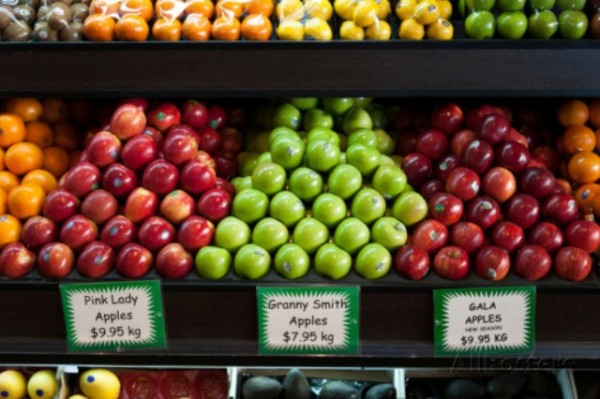
“Perfect” conventionally grown apples familiar to supermarket shoppers
Unblemished apples require chemicals to prevent blemishes, but they are also subject to a variety of insect pests. Conventional growers kill them with a witch’s brew of pesticides, and their “perfect” apples contain residues confirming their use. The Environmental Working Group lists the most pesticide laden fruits and vegetables in its “dirty dozen” dishonor roll every year. Apples led the list four years in a row earlier this decade, falling to fourth in 2017.
“What’s on my food” reports the USDA found 47 pesticide residues in apples, including six known or probable carcinogens, 16 suspected hormone disruptors, five neurotoxins, six developmental or reproductive toxins, and 11 honeybee toxins. Diphenylamine and Thiabendazole were found in over 80 percent of the samples tested. I adhere to the maxim that if you can’t pronounce it you shouldn’t eat it. Oh, and don’t forget your friendly organophosphate chlorpyrifos, which is acutely toxic and associated with neurodevelopmental harms in children.
Organic apple growers can’t use them, or the fungicides that prevent blemishes. At petal fall, three insects in particular attack fruitlets: the European apple sawfly, the codling moth, and worst of all, the dread plum curculio.
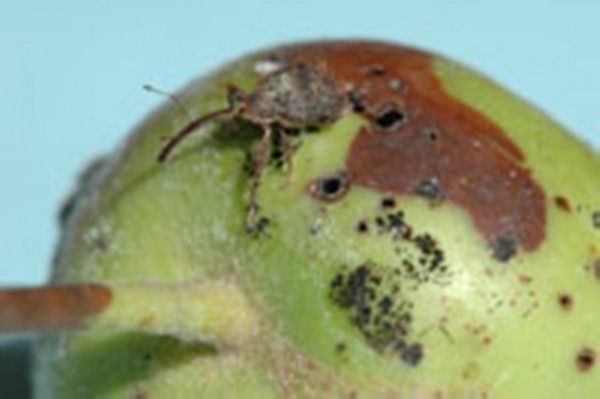
Plum curculio at work
There is a recently developed organically approved technique for controlling (but not eliminating) all three. It consists of kaolin pottery clay finely ground to 1.4 microns and sprayed on developing fruitlets sold commercially as “Surround.” Michael Phillips, the guru of organic apple growing describes how it works in his typically colorful fashion. “Just imagine your eye and ear openings filled with irritating clay particles, and your reproductive parts literally clogged . . . surely you’d want to boogie from such a place!”.
I’ve been especially compulsive about following Phillip’s spraying instructions this spring, achieving what I hope is a sufficient covering of a nice set of fruitlets on the apple trees at home and at Jade Family Farm. Here is a picture of well-coated cox orange pippen fruitlets (before rain removed much of it).
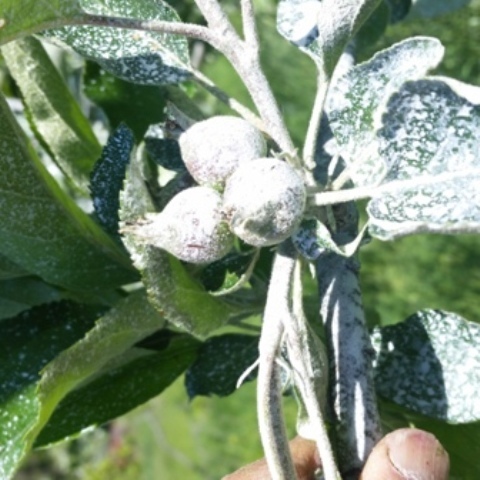
Cox orange pippin fruitlets covered with “surround”
Because “surround” doesn’t kill the big three pests as effectively as pesticides, some damage remains in addition to that caused by fungi that produce blemishes and many other less common insects. So if you want the health benefits of organic apples, and if you like to eat food that tastes wonderful, you will have to put up with less than perfect fruit. With lots of luck, I hope to bring some to the Jade Family Farm stand at the North Atherton and Boalsburg market. Apples like those pictured below, with a little skillful use of a knife, will pay huge dividends in flavor and health.
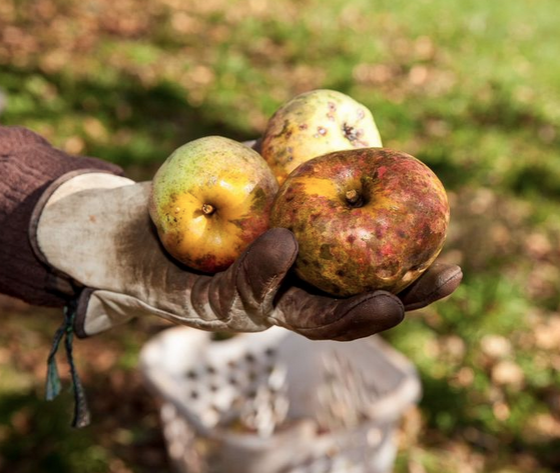
The kind of apples (organic) you should eat
![]() Author: James Eisenstein
Author: James Eisenstein
Bio: Unpaid Field Hand at Jade Family Farm | Former Penn State Professor
- Our Local Food Journey comes to an end
- Winter isn’t a quiet time at the farm
- Get the taste of garden season right now by growing herbs indoors
- All you need to know about PASA’s Farming for the Future conference




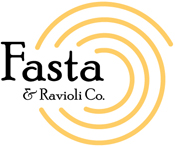


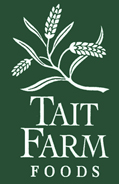

NO COMMENTS